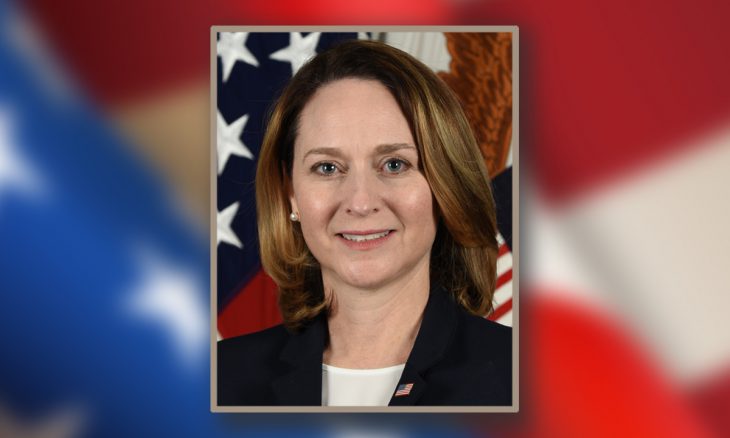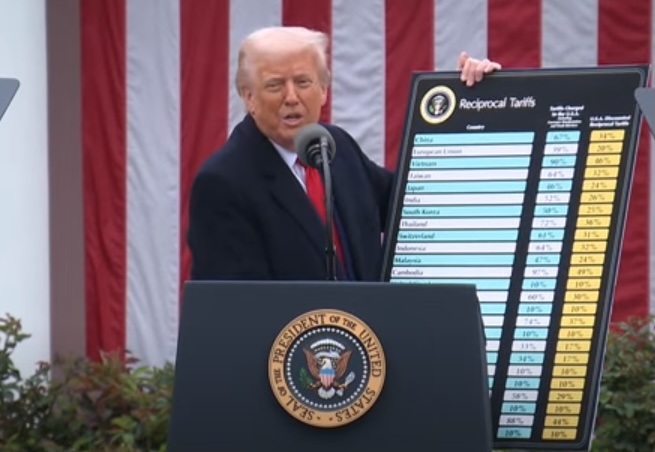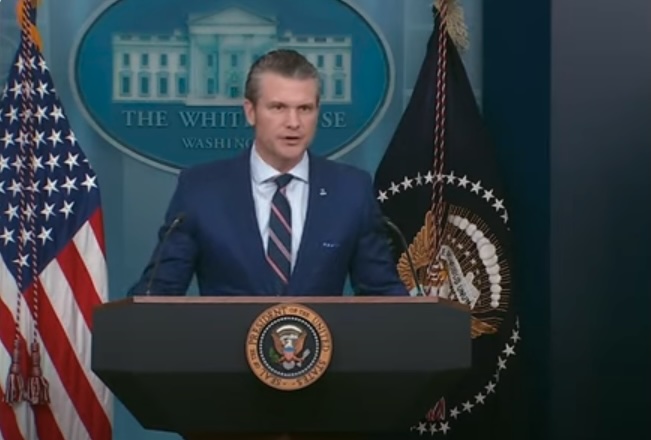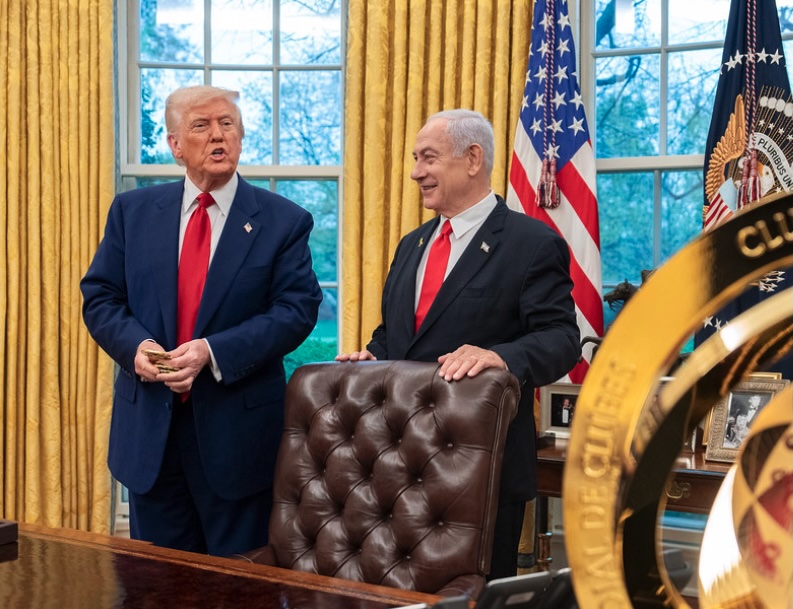Kathleen Hicks
Deputy Secretary of Defense
Kathleen Holland Hicks was born in September 1970 in Fairfield California. She earned an undergraduate degree at Mount Holyoke College, and an MPA in national security studies at the University of Maryland, College Park. She received a Ph.D. in political science from Massachusetts Institute of Technology.
She was a senior fellow at the Center for Strategic and International Studies for three years. She began her career as a civil servant at the Office of the Secretary of Defense during President Obama’s administration, holding a variety of positions from Presidential Management Intern to the Senior Executive Service. She served four years as a senior civilian official in the Department of Defense confirmed by the Senate as principal deputy undersecretary of defense for policy.
She was nominated by President Joe Biden to be U.S. Deputy Secretary of Defense. She was confirmed by the Senate and sworn into office in February 2021.
She is married to Thomas Hicks and they have three children.
In the News…
Task Force Lima, organized and directed by Deputy Secretary of Defense Kathleen Hicks, is looking into how generative artificial intelligence and its growth is impacting both the U.S. military and society, now and into the future.
Deputy Secretary Hicks said, “The establishment of Task Force Lima underlines the Department of Defense’s unwavering commitment to leading the charge in AI innovation.”
She continued, “As we navigate the transformative power of generative AI, our focus remains steadfast on ensuring national security, minimizing risks, and responsibly integrating these technologies. The future of defense is not just about adopting cutting-edge technologies, but doing so with foresight, responsibility, and a deep understanding of the broader implications for our nation.”
“The DOD has an imperative to responsibly pursue the adoption of generative AI models while identifying proper protective measures and mitigating national security risks that may result from issues such as poorly managed training data,” DOD Chief Digital and Artificial Intelligence Officer Craig Martell said, “We must also consider the extent to which our adversaries will employ this technology and seek to disrupt our own use of AI-based solutions.”









